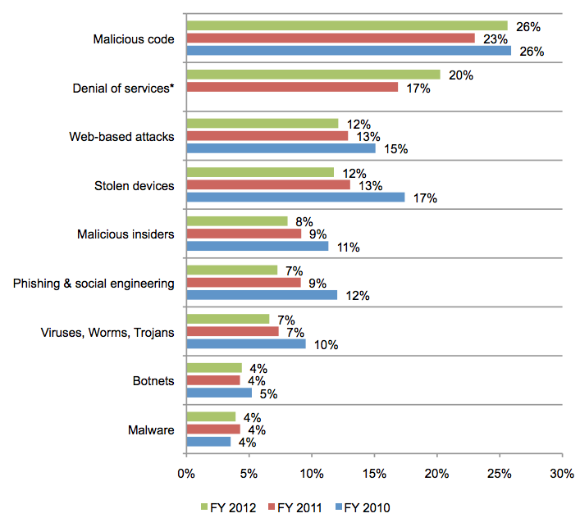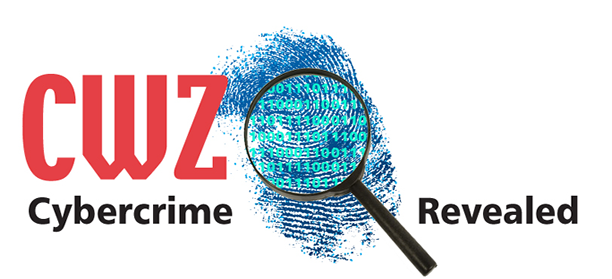 Michael Barrett, Andy Steingruebl, Bill Smith of Paypal have collaborated on an excellent white paper entitled, “Combating Cybercrime – Principles, Policies, and Program.” Â I highly recommend it to you.
Michael Barrett, Andy Steingruebl, Bill Smith of Paypal have collaborated on an excellent white paper entitled, “Combating Cybercrime – Principles, Policies, and Program.” Â I highly recommend it to you.
Rather than attempt an analysis at this time, please let me share a segment of an introductory paragraph …
What is possible, and perhaps even likely should current trends continue, is the perception by Internet users that the Internet is unsafe and therefore unsuitable for everyday use. Should this perception become widespread, crowd psychology could take hold and as with the recent world financial crisis, result in a loss of faith in “the systemâ€. Certainly there were very tangible and real issues behind the financial crisis, but the long-lasting impact has proven to be the perceptual shift resulting in the Great Recession.
… and a portion of their conclusion:
The authors believe that cybercrime, and other cyber issues are the one area that could cause this type of loss of faith in the safety of the Internet In this white paper, the authors lay out an entire framework of practical actions that could be taken to reduce the impact of cybercrime, and substantially make the Internet safer. Even if only some of these recommendations are implemented, it will make a significant improvement in Internet safety. While we’re hesitant to name any of these initiatives as being more important than any other, we are occasionally asked “list the three things you want us to doâ€. In general, we list:
- Increase investment in cybercrime law enforcement.
- Start the Internet NTSB.
- Fix the Cybercrime Convention.
Just doing those three things would make a big difference, albeit it would be – to paraphrase the punchline of many a joke – merely “a good startâ€. We expect this paper to be a first step in a multi-stakeholder and iterative process and approach to making substantial progress against cybercrime. We welcome feedback on our proposals.
In between these bookends lies a thought-provoking analysis of the basic problems, the challenges and roadblocks that complicate potential solutions, and a decisive call to action to bring about a coordinated ecosystem change. Â The authors propose ten underlying principles and a series of specific recommendations, ranging from international law enforcement to forcing unsafe devices off the Internet.
I believe this document will help foster and accelerate interactions among the appropriate business, government and user communities to make signifiant progress. Â We all have a stake in this. Â This document will help us understand the issues and get involved.


 Cyberwarzone.com
Cyberwarzone.com
